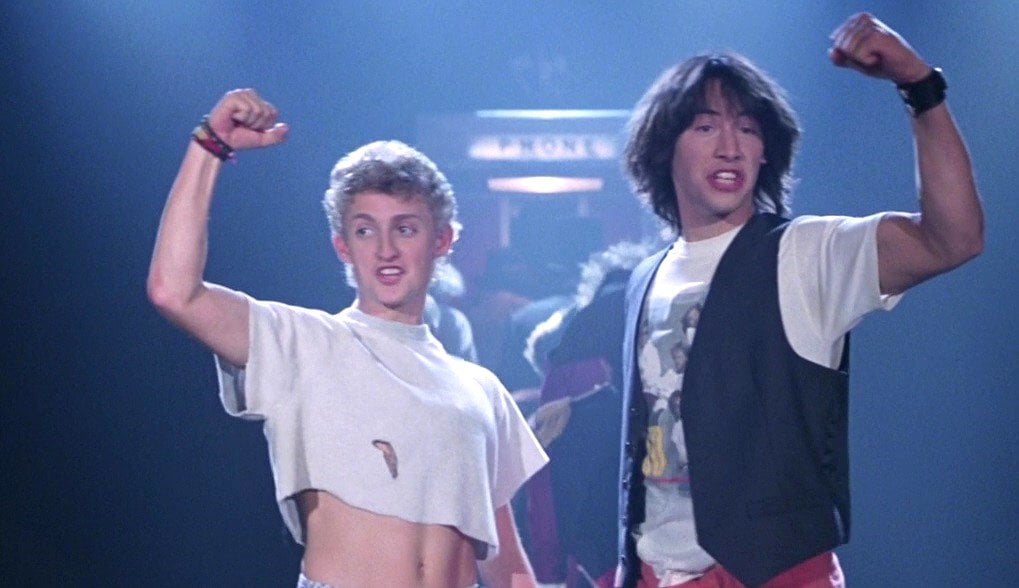A Canadian judge has ruled that the popular “thumbs-up” emoji not only can be used as a contract agreement, but is just as valid as an actual signature. The Saskatchewan-based judge made the ruling on the grounds that the courts must adapt to the “new reality” of how people communicate, as originally reported by The Guardian.
Can’t wait for Italian judge to rule 🤌 as a contract agreement.
The case involved a grain buyer sending out a mass text to drum up clients and a farmer agreeing to sell 86 tons of flax for around $13 per bushel. The buyer texted a contract agreement to the farmer and asked for the farmer to “confirm” receiving the contract. He issued a thumb’s up emoji as receipt of the document, but backed out of the deal after flax prices increased.
The buyer sued the farmer, arguing that the thumb’s up represented more than just receipt of the contract. It represented an agreement to the conditions of the contract, and a judge agreed, ordering the farmer to cough up nearly $62,000, likely causing a string of puke emojis.
What a bunch of horseshit. I can see a thumbs-up emoji being used as an explicit sign of confirmation, but even in the context, the farmer never indicated any willingness to sign the contract. Receiving a contract and signing a contract are two entirely different things.
On three prior occasions, the broker had sent a contract in the same way with basically the same vague “did you get it” language.
The farmers responded with “looks good,” “okay,” and “yup.” Every time, they delivered the flax. The only real difference was the move from “ok” to an emoji indicating the same sentiment. In a case like this, you have no choice but to go with who’s more likely to be right between two parties making their arguments, and it’s completely reasonable to side with the broker here.
The judge also explicitly stated that this is not a general decision for the use of the emoji and that it should be assessed on a case-by-case basis.
In this case the article is missing the crucial information that the farmer had used phrases such as “looks good”, “yup” and “ok” when agreeing to previous contracts. So the thumbs up was seen as a continuation of those, and not as a new agreement.
I wonder if they will take emoji cultural context into consideration? What about subcultures?
To my metal friends, 🤘 that could be yes. Hippy-ish folx hit me with ✌️
I think the original story mentioned that the farmer was already using the thumb’s up emoji previously to accept contacts.
Not quite the emojis, but one or two-word texts. Judge just decided that it was at least 51% likely that the emoji in this particular case amounted to the same thing.
Sorry, it said that he was using text messaging to accept contracts, not emoji.
We live in a time where a contract can be signed thusly:
👁️👄👁️👍
What a time to be alive. Say, is that cryogenically preserved millionaire still… ye’know, preserved?
So 🖕now counts as a verbal attack or something?
For real, I can see how a thumbs up can be taken as a signature, if both parties understand that. Since this ended up in court, they obviously didn’t. Especially if the emoji was only as a response to a request of confirmation of receipt.
I can see how a thumbs up can be taken as a signature, if both parties understand that. Since this ended up in court, they obviously didn’t.
Uhh, there are definitely other reasons it can end up in court even if everyone understood everything perfectly. For example, if at any point one of the parties decided it would have been in their best interests if they hadn’t agreed to the contract…
But that’s a different problem from “was the contract even signed?”
But that’s a different problem from “was the contract even signed?”
I was responding to the “it wouldn’t have ended up in court unless a misunderstanding occurred” part. My point is the fact that it ended up it court isn’t necessarily because there was any misunderstanding at the time. People don’t always act in good faith.
Both parties did understand it, as the previous contracts were agreed by him texting back “Looks good”, “Yup” and “Ok”. What the court actually ruled is that “👍” has the same meaning as those - which most people would agree to, no? It ended up in court because the farmer wanted out of it due to the change in flax seed prices and saw a possibility in the argument that this time he didn’t actually mean he agreed to the pre-signed contract, just that he had received it.
It’s a good point, but in this case I think that because he had replied similarly to previous completed contracts it shows that was the expectation.
No, it counts now as a hate speech.
👍
Sir, your washing machine will arrive on Wednesday. Be sure to be at home at around 3.
👍
what about: “👌”
Edit: as always if you look into the proceedings the ruling makes a lot more sense ^^ Still I wonder if this sets a precidence.
I feel like that’s even more of an agreement than a thumbs up.
👉👌
If you add a dollar sign, you will be jailed due to prosecution laws.
https://www.youtube.com/watch?v=qBDskB84_r0
Here is a video by a Canadian Lawyer explaining the case.
Here is an alternative Piped link(s): https://piped.video/watch?v=qBDskB84_r0
Piped is a privacy-respecting open-source alternative frontend to YouTube.
I’m open-source, check me out at GitHub.
Good bot
I’m relieved that he more or less agrees with what I posted earlier this week. When you successfully perform three straight contracts after texting a word or two to agree, but then try to say that the emoji is a bridge too far, you’re playing with fire, especially when it would benefit you for this particular one not to go through because the price went up.
Without the prior completed contracts I might’ve agreed that he was just acknowledging receipt, but the precedence set the stage for the emoji.
🦾🐸
👍
Not fully knowing how Canadian government operates, can this be appealed beyond the provincial jurisdiction?
Well firstly case ruling is more thumbs up emoji does count in this very specific case. It isn’t universal ruling, but very specific ruling tied to the circumstances of the case regarding existing business relationship, previous communication about the contract, the actual sending of contract and then being asked to confirm he is happy with the actual final contract and confirms it. Process that had happened many times before regarding various produce delivery contracts. Only this time he messaged back thumbs up instead of writing into the chat “Yeah, I agree”, “that contract is okay” or so on.
They tried to argue, no i just thumbed up on “I received the file”. But court said, you were specifically asked to a confirm contract that you had discussed in positive and willing enter into way and then displayed positive signal. Reasonable person could assume you meant “Yes, I confirm”.
So no not every thumbs up is contract agreement. Someone sends you out of the blue a contract and you message back thumbs up, it isn’t contract agreement. context matters.
I guess the lesson is, don’t adapt habit of confirming contracts in informal ways, since then your informal communication can be interpreted as contractual agreement. Since you have precedence of having previously entered and honored contracts agreed on similarly non-formal ways.
Like… Take the contract image, print it, sign it, scan it back and then send it back with “Yes I agree, here is the signed contract” or “I always digitally sign my agreements to digitally sent contracts”. Then one can argue I never just thumb up to contract and the other party knows it. I always previously digitally signed them, why would it be reasonable for them to accept lesser signal of agreement. I specifically told them in previous conversation I always formally digital signing the contract. Whether they verify the digital signature algorhitmically or not, I always send it back formally signed. It is my way and behaviour to avoid ambiguity.
Yes, exactly. The prior three contracts had been agreed to, evidenced by the fact that they actually delivered flax, with “looks good,” “okay,” and “yup.” Small jump to a thumbs-up emoji.
Yes. In Canada, there is a three tier hierarchy of courts provincially.
Court made the correct call. I don’t see much difference between this case and a verbal agreement.
If someone sends you a contract, you don’t acknowledge receipt with “sounds good” because you would rightly be taken as agreeing to the terms.

















